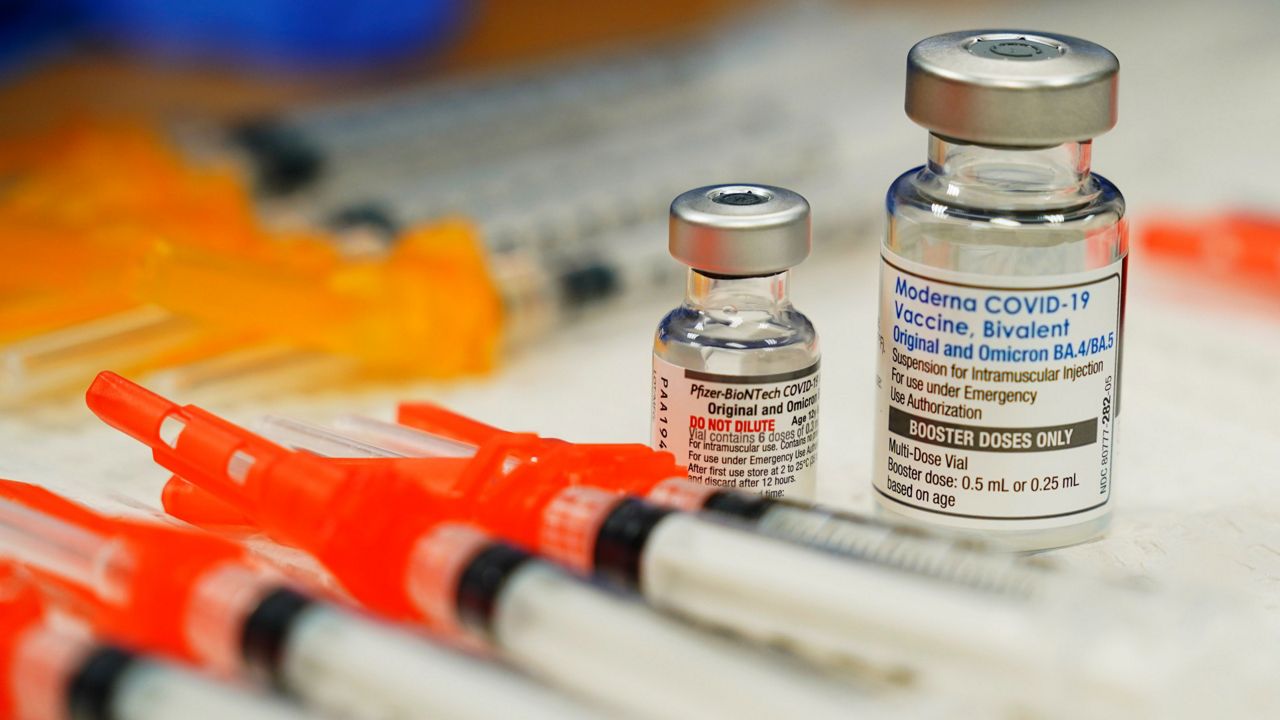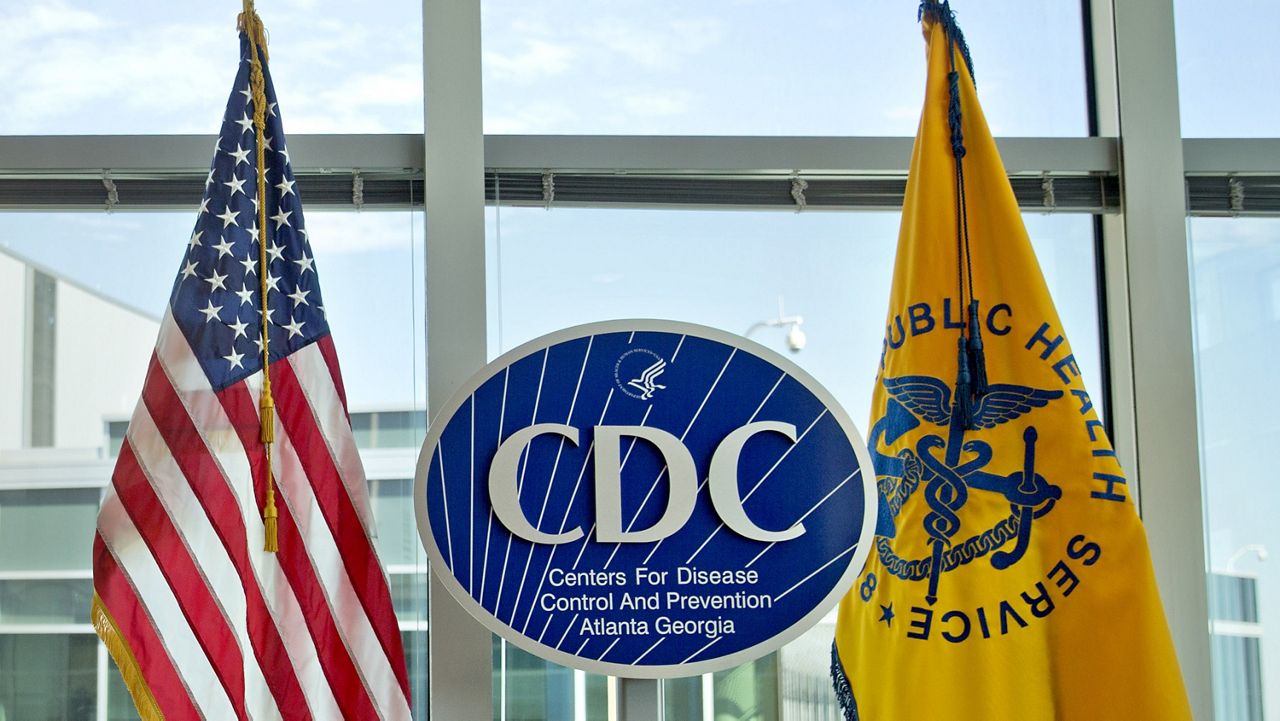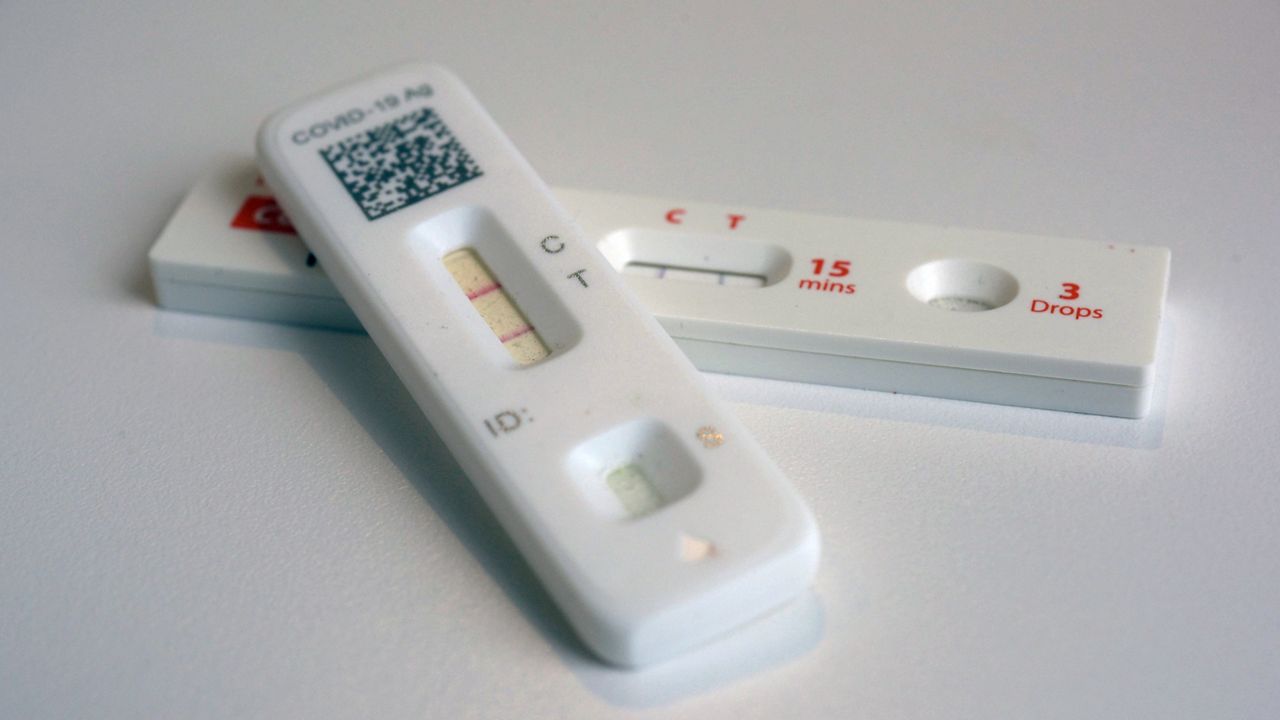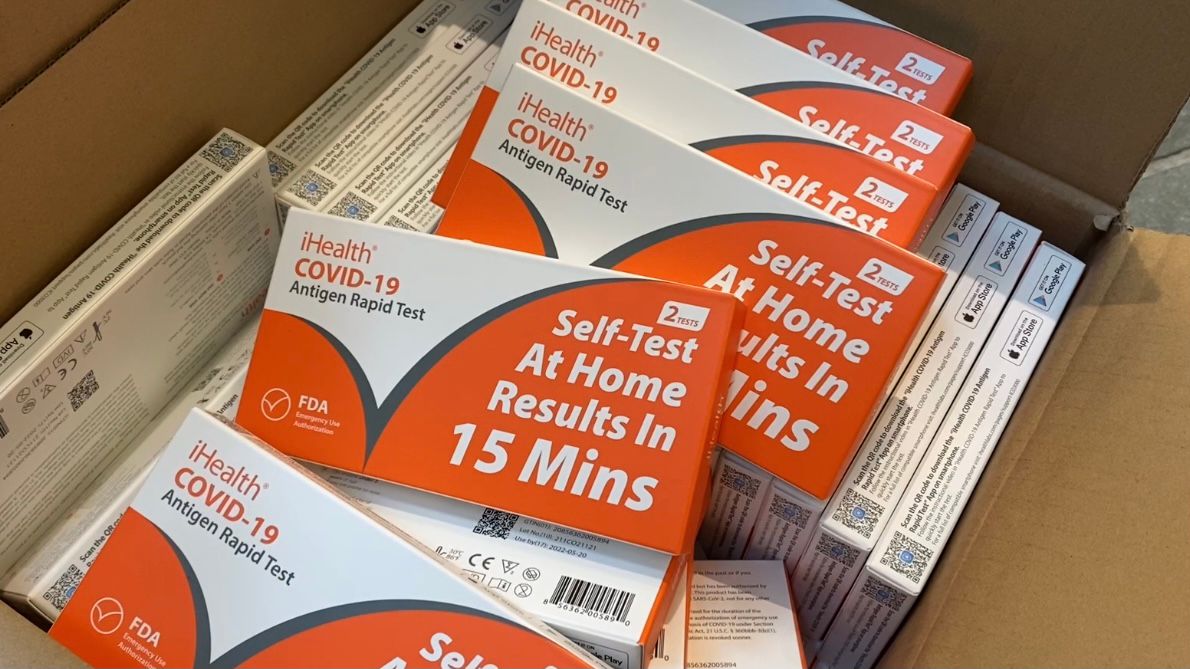More than four months after the first updated COVID-19 vaccine boosters became available to the public, uptake has been abysmal.
Just 16% of Americans ages 5 and older have received the bivalent booster, which targets the original COVID-19 strain and the omicron BA.4 and BA.5 subvariants. Among adults 18 and older, the number isn’t much better — 18%.
What You Need To Know
- A new study published Thursday by the Centers for Disease Control and Prevention asked why so few people have received the updated COVID-19 booster shots
- Just 16% of Americans ages 5 and older have received the bivalent booster, which targets the original COVID-19 strain and the omicron BA.4 and BA.5 subvariants
- The three most common reasons given were lack of awareness about eligibility for vaccination (23.2%), lack of awareness about vaccine availability (19.3%) and perceived immunity against infection (18.9%)
- The study used data from an opt-in internet survey of 1,200 previously vaccinated U.S. adults conducted from Nov. 1-5
And for people 65 and older — the group with the best primary vaccination coverage at 94% and who are most vulnerable to severe COVID-19 cases — just 39% have been boosted.
A new study published Thursday by the Centers for Disease Control and Prevention asked why so few people have received the updated shots. The three most common reasons given were lack of awareness about eligibility for vaccination (23.2%), lack of awareness about vaccine availability (19.3%) and perceived immunity against infection (18.9%).
The study was conducted by researchers at Duke University, Georgia Tech and École Normale Supérieure in Parisy, and reviewed and approved by Duke’s Institutional Review Board. It used data from an opt-in internet survey of 1,200 previously vaccinated U.S. adults conducted from Nov. 1-5, about two months after the boosters became available to people 12 and older. Eligibility has since been expanded to younger groups.
Six in 10 people surveyed said they had not received the latest booster.
Participants could provided more than one reason for not getting the shots, although most only gave one, the study said.
After reading information about eligibility and availability, 67.8% of participants who had not yet received the shots said they planned to do so. But in a followup survey about a month later, just 28.6% of those people had followed through, although 82.6% of them said they still intended to do so.
Among participants 40 and older, many said they believed they were already sufficiently protected against infection or severe disease. However, 72% of those who gave that as a reason had not received a COVID vaccine or been infected by the virus in the previous six months, the study said.
Other reasons given included concerns about side effects and the safety and effectiveness of the bivalent boosters, as well as not having enough time off work or the shots requiring too much effort.
The researchers acknowledged that one of the limitations of their study was that only people who had previously been vaccinated were questioned.
Health officials say the bivalent boosters are safe and effective. Studies published last month by the CDC found the shots offer superior protection against hospitalization among older adults and against urgent care and emergency room visits among younger adults than being unvaccinated or not up to date on their shots.
The study also asked those who had received the updated boosters why they did so. The most common answers given were to protect themselves (90.7%), prevent severe disease (80.6%) and protect others (75%). Each participant could choose multiple reasons from a list and write in their own.
The researchers recommended that “health care and public health professionals should use evidence-based strategies to convey information about booster vaccination recommendations and waning immunity, while also working to increase convenient access.”
The CDC recommends everyone age 5 and older receive a bivalent booster dose if it has been at least two months since their previous COVID vaccination. The agency also recommends children 6 months to 4 years old who completed the primary Moderna vaccination to receive the new booster.
Young children who completed Pfizer’s three-shot primary series are not yet eligible for any updated booster shot.
For the week ending with Jan. 11, there were nearly 415,000 reported COVID-19 cases nationally, although that is believed to be an undercount. There were more than 3,900 COVID-19 deaths that week, the most since late August.
Ryan Chatelain - Digital Media Producer
Ryan Chatelain is a national news digital content producer for Spectrum News and is based in New York City. He has previously covered both news and sports for WFAN Sports Radio, CBS New York, Newsday, amNewYork and The Courier in his home state of Louisiana.








